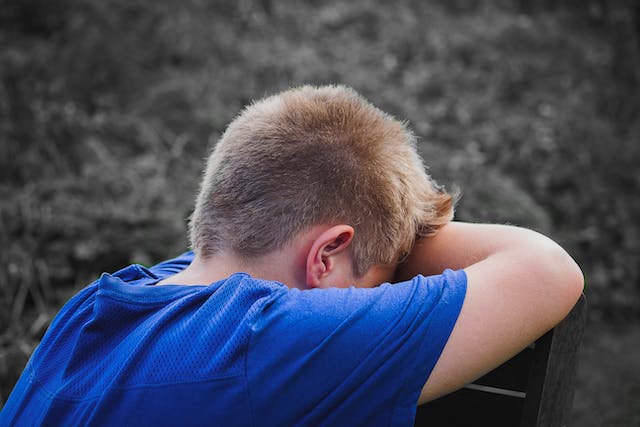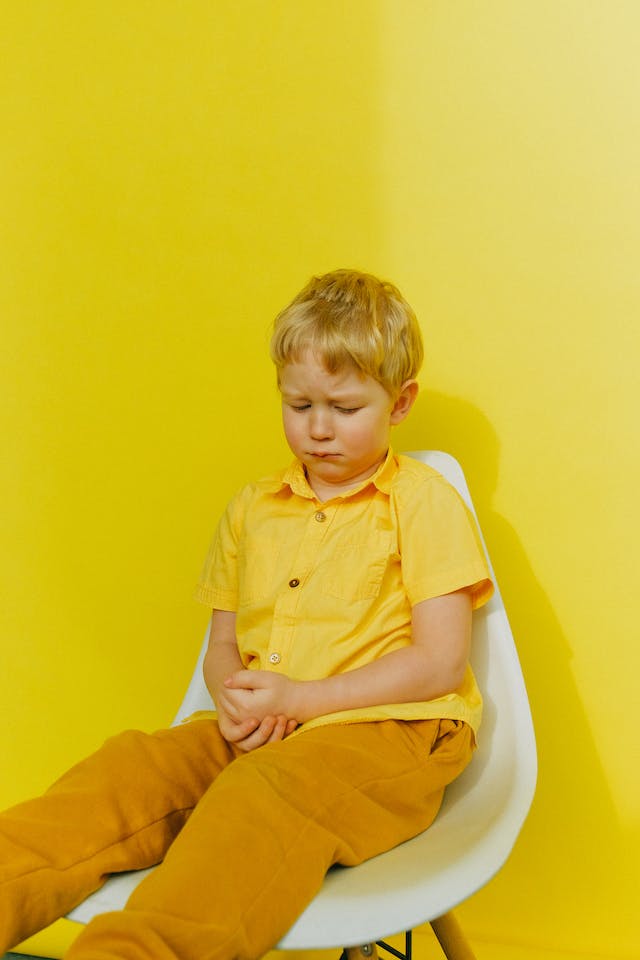Misophonia, a condition characterized by extreme emotional reactions to specific sounds, can affect people of all ages, including children. Recognizing the signs of misophonia in children and understanding how to support them is crucial for their well-being. In this blog, we’ll explore misophonia in children, signs to look for, and strategies for parents.

Understanding Misophonia in Children
Misophonia can manifest differently in children compared to adults. Children may not always be able to express their feelings and emotions effectively, making it challenging to recognize misophonia. Here are some common signs that may indicate misophonia in children:
1. Emotional Outbursts
Children with misophonia may experience sudden and intense emotional outbursts in response to trigger sounds. These outbursts can include anger, frustration, or even tantrums.
2. Avoidance Behavior
Children may develop avoidance behaviors to escape trigger sounds. For example, they may leave the room during mealtime or isolate themselves during noisy activities.
3. Physical Symptoms
 Misophonia can also manifest as physical symptoms in children, such as increased heart rate, muscle tension, or digestive discomfort when exposed to trigger sounds.
Misophonia can also manifest as physical symptoms in children, such as increased heart rate, muscle tension, or digestive discomfort when exposed to trigger sounds.
4. Academic and Social Challenges
Misophonia can impact a child’s academic performance and social interactions. They may have difficulty concentrating in noisy environments or avoiding situations where trigger sounds are present.
Strategies for Parents
As a parent, there are several strategies you can employ to support your child with misophonia:
1. Open Communication
Encourage open and non-judgmental communication with your child. Create a safe space for them to express their feelings and frustrations related to misophonia.
2. Identify Triggers
Work together with your child to identify their specific trigger sounds. Understanding the triggers can help you take proactive steps to minimize exposure.
3. Teach Coping Strategies
Teach your child age-appropriate coping strategies to manage their emotional responses to trigger sounds. Deep breathing exercises, mindfulness, and relaxation techniques can be helpful.
4. Create a Quiet Space
Designate a quiet and trigger-free space in your home where your child can go to relax and de-escalate when needed.
5. Seek Professional Help
Consider consulting a misophonia specialist or therapist who can provide guidance and treatment options tailored to your child’s needs.
Expert Guidance at the Misophonia Cognitive Center™
Stephen Geller Katz, a licensed clinical social worker and founder of the Misophonia Cognitive Center™, specializes in the treatment of misophonia in children and adults. Dr. Katz offers online sessions, making treatment accessible and convenient for families. He also speaks five languages, ensuring effective communication.
Contact Stephen Geller Katz for Misophonia Treatment
If you suspect that your child may be experiencing misophonia, don’t hesitate to reach out to Stephen Geller Katz at the Misophonia Cognitive Center™. Dr. Katz can provide expert guidance and support to help your child manage misophonia and improve their quality of life.
MISOPHONIA COGNITIVE CENTER™
Stephen Geller Katz LCSW-R
19 West 34th Street
Penthouse Floor
New York, NY 10001
646-585-2251
